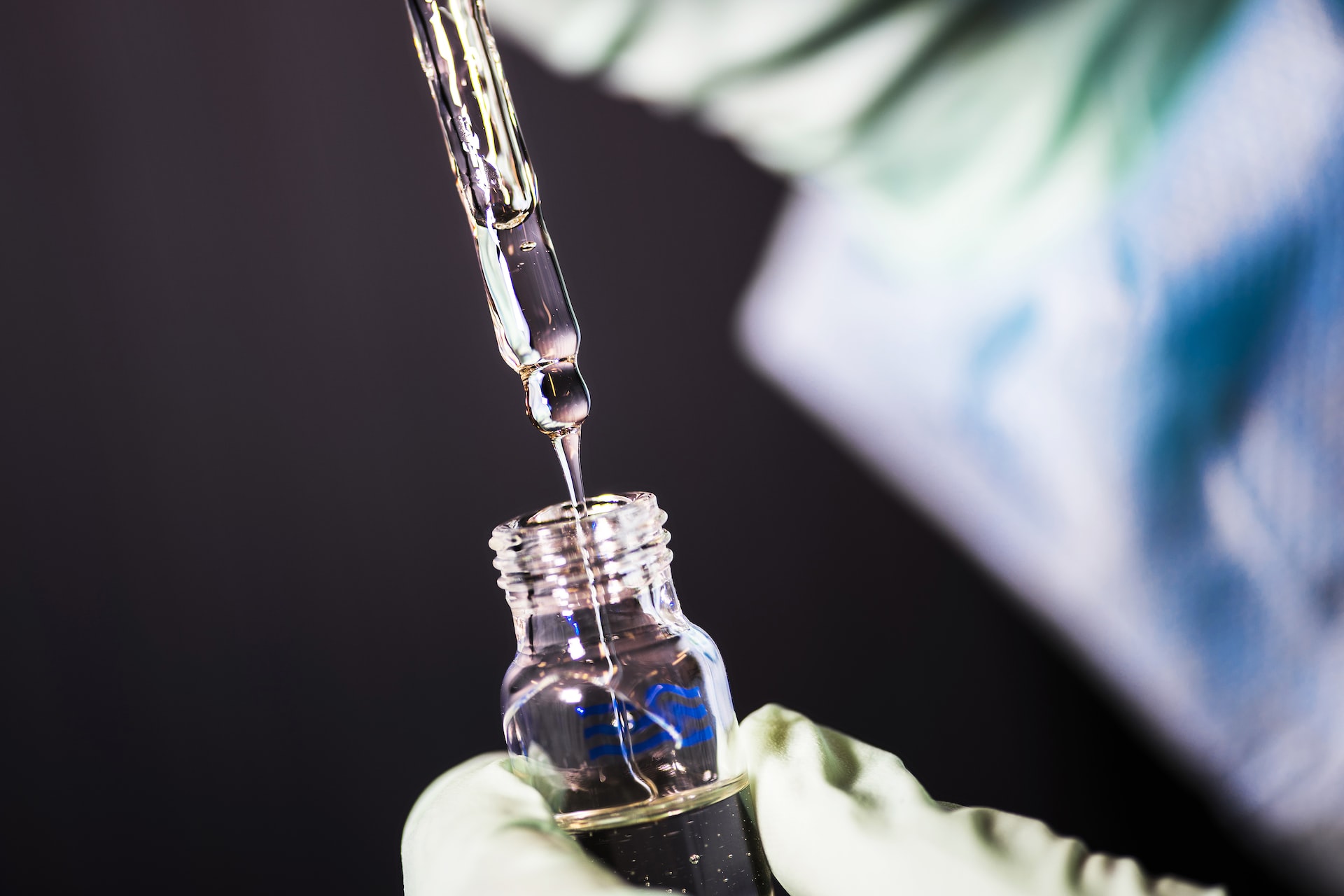Clinical trials are a critical step in the development of new medical treatments. They help to test the safety and efficacy of new drugs before they are made available to the public. Clinical trials also play an important role in educating the public about new medical treatments and helping to advance medical research. Unfortunately, many people do not understand the importance of clinical trials, or how they can help. In this blog post, we will discuss why clinical trials are important, and ways that you can help increase public awareness of clinical trials.
Clinical trials are conducted by Clinical Research Organizations (CROs) that specialize in evaluating the safety and efficacy of new treatments. These trials involve a variety of methods, including surveys, interviews, and physical examinations to determine the effectiveness of a new medication. The results from these trials help researchers gain insight into how the treatment works for different people and how safe it is for use in the general population. Clinical trials are typically conducted over a period of time and involve different stages, from initial testing to larger studies that measure long-term results.
Importance of clinical trials
- Clinical trials provide valuable information about new treatments and medications. Clinical trials allow researchers to measure the safety and effectiveness of a new treatment before it is made available to the public. This helps to ensure that only safe and effective drugs are approved for use, thus reducing the risk of adverse events or negative side effects. Clinical trials also help researchers understand how treatments work in different populations, and how effective they are for different medical conditions.
- Clinical trials can provide hope for individuals with chronic illnesses. Clinical trials are often the last resort for individuals who have exhausted all other options for the treatment of their condition. Clinical trials offer them a chance to access new treatments that may not be available in their area or to the general public. Clinical trials can also provide hope to those who have not responded well to traditional treatments, as they offer an opportunity to try something new that may work better.
- Clinical trials are essential for understanding the safety and effectiveness of new treatments and medications in order to refine and improve them. Clinical trials also provide data that can be used to develop more effective treatments and medications in the future, which will ultimately benefit patients and healthcare providers alike.
- Clinical trials can provide economic benefits. Clinical trials generate income for Clinical Research Organizations, which in turn helps to create jobs and stimulate local economies. Clinical trials also bring in new investment into medical research, which can help drive innovation and spur the development of new treatments and medications.
Ways You Can Help Increase Public Awareness
Clinical trials are essential for advancing medical research and improving patient care, so it’s important to increase public awareness about them. By increasing public awareness of clinical trials, we can ensure that more people have access to new treatments and medications. There are many ways you can help increase public awareness of clinical trials, from spreading the word to taking action. Consider participating in a clinical trial or supporting Clinical Research Organizations today!
1. Spread the word
Share information about clinical trials on your social media accounts and encourage your friends and family to do the same. Let people know why clinical trials are important and how they can benefit from participating in one.
2. Patient Recruitment and Retention
Clinical trials are essential for advancing medical research and improving patient care, but they can only do so if they have enough participants. Clinical trial Patient recruitment and retention are key to the success of a clinical trial, so consider talking to your friends and family about enrolling in a clinical trial or consider volunteering as an advocate to help increase participant numbers.
3. Educate yourself
Learn more about clinical trials by reading articles or watching videos online, talking to healthcare providers, or attending informational sessions.
4. Take action
Get involved in advocacy efforts to increase public awareness and understanding of clinical trials. Contact your local representatives or join a clinical trial support group to make your voice heard.
5. Participate in Clinical Trials
Consider enrolling yourself or a loved one in a clinical trial. Clinical trials often provide access to new treatments and medications that may not be available otherwise.
6. Support Clinical Research Organizations (CROs)
Clinical research organizations play an important role in conducting clinical trials and developing new treatments. Show your support for CROs by donating to their cause or volunteering your time.
7. Advocate for Clinical Trials
Publicize the importance of clinical trials and make sure your friends, family, and peers understand why they are important. Speak to your local representatives about increasing funding for Clinical Research Organizations.
By taking action today you can help increase public awareness of clinical trials and ensure that more people have access to new treatments and medications. By doing these things you can make a difference in public awareness and help to make sure clinical trials are available to more people. Let’s make sure everyone knows why they are important. Spread the word, educate yourself, and take action today!











